
The medicine is off-patent, on the WHO Essential Medicine List, and cheap to make.
So why is it still unaffordable & out of reach?
w/Theo Mitchell
www.cgdev.org/blog/million...

The medicine is off-patent, on the WHO Essential Medicine List, and cheap to make.
So why is it still unaffordable & out of reach?
w/Theo Mitchell
www.cgdev.org/blog/million...
The medicine is off-patent, on the WHO Essential Medicine List, and cheap to make.
So why is it still unaffordable & out of reach?
w/Theo Mitchell
www.cgdev.org/blog/million...

The medicine is off-patent, on the WHO Essential Medicine List, and cheap to make.
So why is it still unaffordable & out of reach?
w/Theo Mitchell
www.cgdev.org/blog/million...
www.nytimes.com/interactive/...

www.nytimes.com/interactive/...
The Trump Administration's Global Health Strategy offers a broadly reasonable blueprint for PEPFAR's next chapter: more country ownership, deliverty by national governments, and spending cuts. 1/x
The Trump Administration's Global Health Strategy offers a broadly reasonable blueprint for PEPFAR's next chapter: more country ownership, deliverty by national governments, and spending cuts. 1/x
Read our new @cgdev.org brief on how Gavi 6.0 can take a bigger leap w @rachelbonnifield.bsky.social @peterbaker17.bsky.social @tomldrake.bsky.social & @orinlevine.bsky.social
www.cgdev.org/publication/...
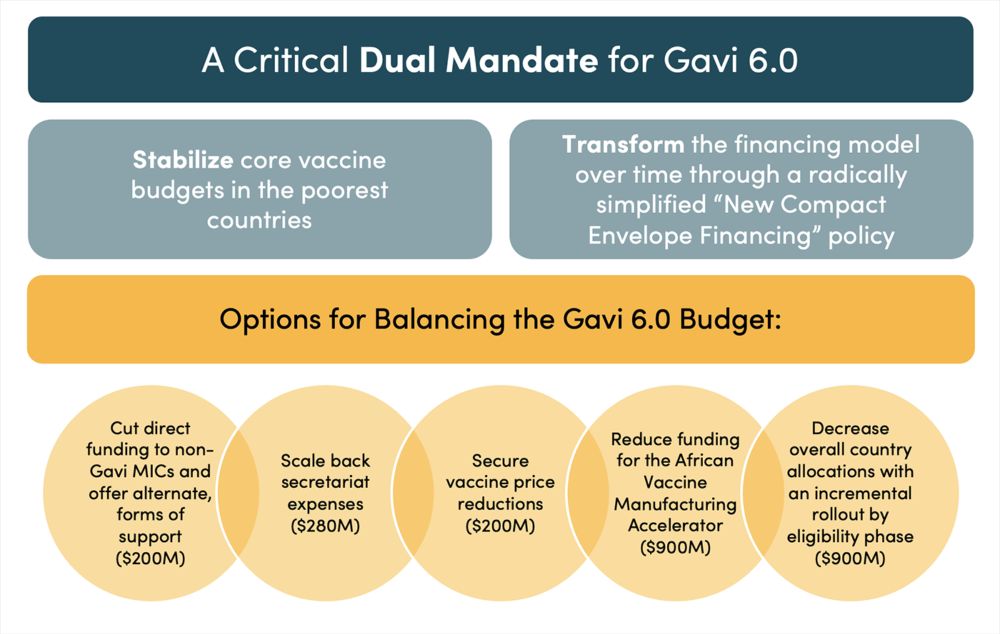
Read our new @cgdev.org brief on how Gavi 6.0 can take a bigger leap w @rachelbonnifield.bsky.social @peterbaker17.bsky.social @tomldrake.bsky.social & @orinlevine.bsky.social
www.cgdev.org/publication/...

Read our new @cgdev.org brief on how Gavi 6.0 can take a bigger leap w @rachelbonnifield.bsky.social @peterbaker17.bsky.social @tomldrake.bsky.social & @orinlevine.bsky.social
www.cgdev.org/publication/...
@peterbaker17.bsky.social, @rachelbonnifield.bsky.social, & @jmadankeller.bsky.social argue that WHO’s leadership must chart a path of retrenchment to global leadership, health security, & public goods:
www.cgdev.org/publication/...
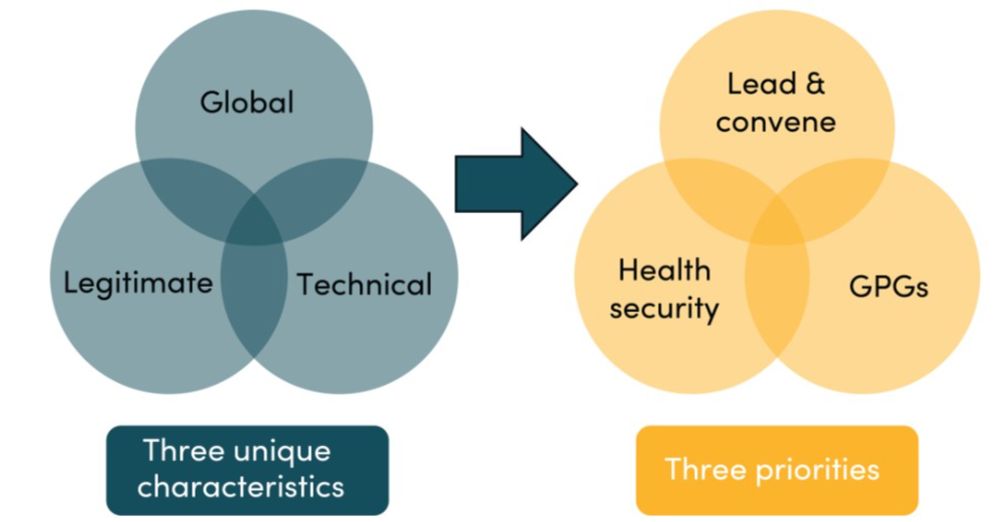
@peterbaker17.bsky.social, @rachelbonnifield.bsky.social, & @jmadankeller.bsky.social argue that WHO’s leadership must chart a path of retrenchment to global leadership, health security, & public goods:
www.cgdev.org/publication/...
Facing budget cuts, we argue WHO's leadership must chart a path of retrenchment to a lean @who.int for the global good
w/ @peterbaker17.bsky.social & @rachelbonnifield.bsky.social
www.cgdev.org/publication/...

Facing budget cuts, we argue WHO's leadership must chart a path of retrenchment to a lean @who.int for the global good
w/ @peterbaker17.bsky.social & @rachelbonnifield.bsky.social
www.cgdev.org/publication/...
@charlesjkenny.bsky.social & I argued why in this @cgdev.org blog 👇
www.cgdev.org/blog/why-tru...
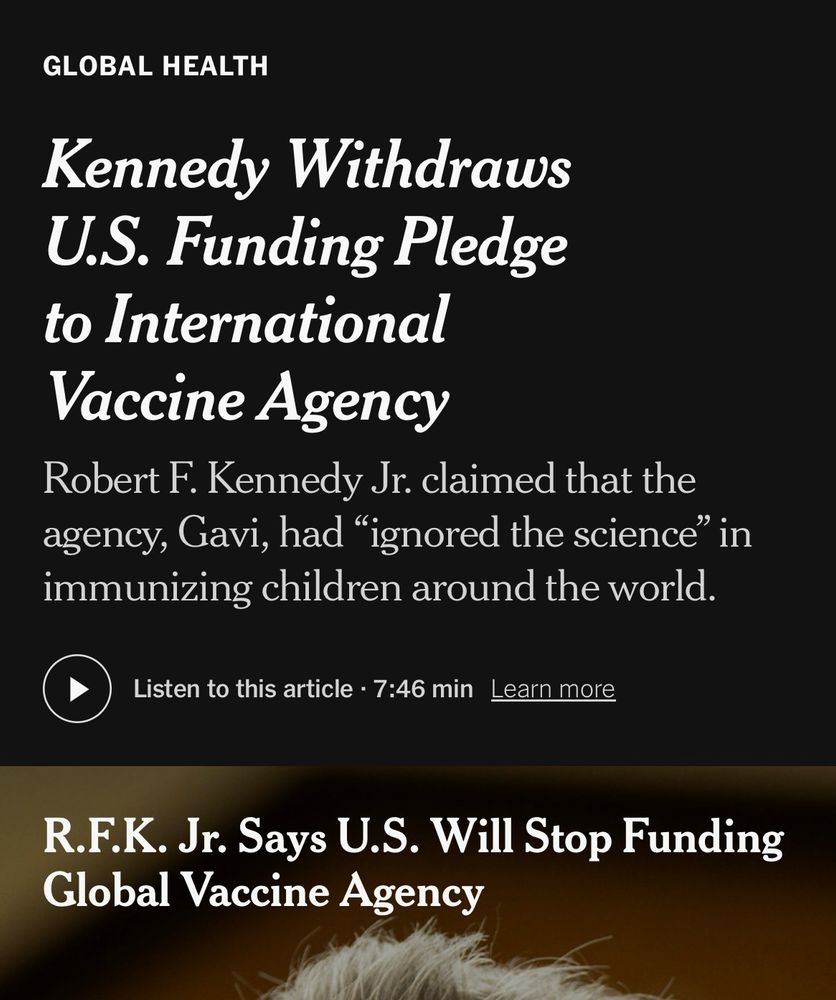
@charlesjkenny.bsky.social & I argued why in this @cgdev.org blog 👇
www.cgdev.org/blog/why-tru...
ipen.org/news/lead-ch...
ipen.org/news/lead-ch...

“The percentage of children poisoned by lead in Cleveland is higher than Flint, Michigan was at its peak”"

“The percentage of children poisoned by lead in Cleveland is higher than Flint, Michigan was at its peak”"
www.cgdev.org/blog/market-...

www.cgdev.org/blog/market-...
We breakdown why the proposed policy prescription of "reference pricing" is misguided... with a healthy dose of econ101 🤓
w/ @charlesjkenny.bsky.social & @rachelbonnifield.bsky.social
www.cgdev.org/blog/market-...

We breakdown why the proposed policy prescription of "reference pricing" is misguided... with a healthy dose of econ101 🤓
w/ @charlesjkenny.bsky.social & @rachelbonnifield.bsky.social
www.cgdev.org/blog/market-...
We break down the economics of reference pricing here — and explain why it’s a bad approach for the US 👇
With @charlesjkenny.bsky.social and @jmadankeller.bsky.social
www.cgdev.org/blog/market-...

We break down the economics of reference pricing here — and explain why it’s a bad approach for the US 👇
With @charlesjkenny.bsky.social and @jmadankeller.bsky.social
www.cgdev.org/blog/market-...
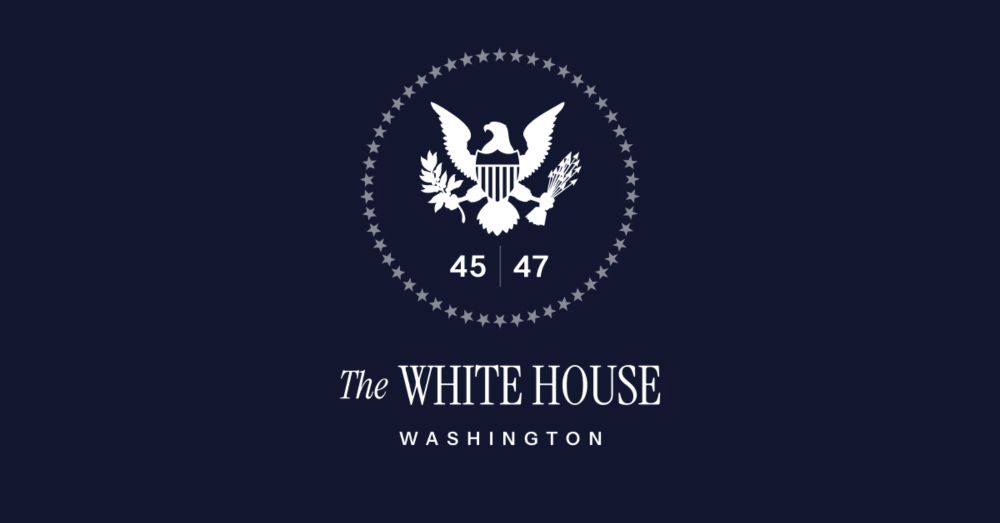



- 15.2m deaths from AIDS
- 2.2m deaths from TB
- 7.9 additional child deaths
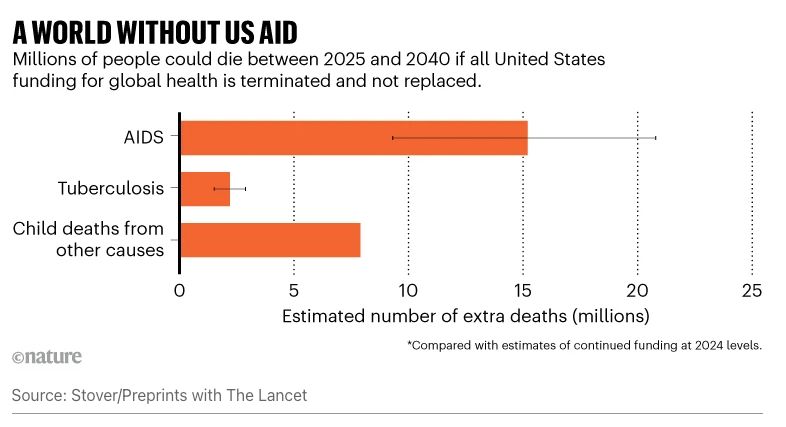
- 15.2m deaths from AIDS
- 2.2m deaths from TB
- 7.9 additional child deaths

But @rorytodd98.bsky.social, @leecrawfurd.bsky.social, & @rachelbonnifield.bsky.social find that rich countries like the US & UK still export it to poorer nations, despite banning/restricting it at home:
bit.ly/4jusvlJ

But @rorytodd98.bsky.social, @leecrawfurd.bsky.social, & @rachelbonnifield.bsky.social find that rich countries like the US & UK still export it to poorer nations, despite banning/restricting it at home:
bit.ly/4jusvlJ
RSVP ➡️ www.cgdev.org/event/how-do...
RSVP ➡️ www.cgdev.org/event/how-do...


